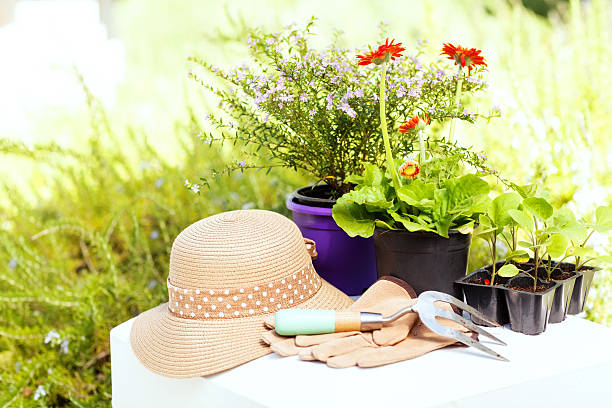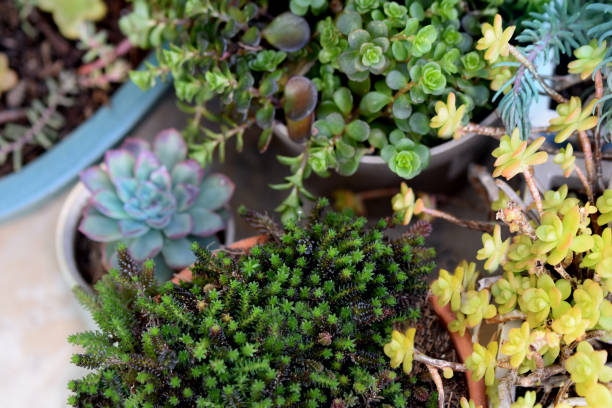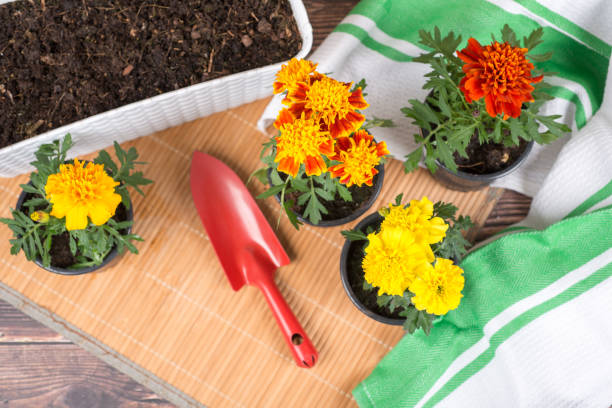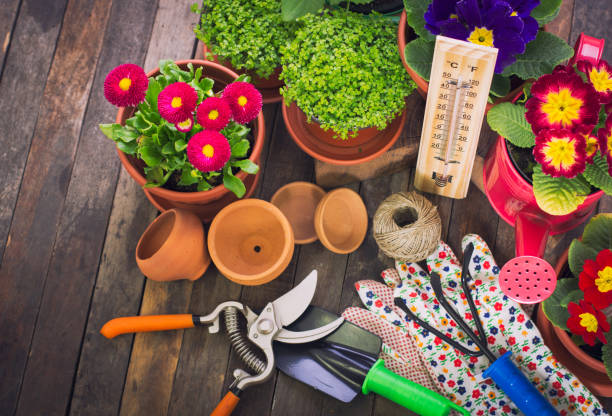Introduction
Summer is a time of lively sprouts, rich plant life, and plentiful harvests in the nursery. As the sun sparkles splendidly and temperatures increase, it’s fundamental to change your cultivating practices to guarantee your plants flourish during this warm and radiant season. To assist you with capitalizing on your late-spring gardening, we’ve ordered a rundown of the top summer gardening tips. Whether you’re a carefully prepared groundskeeper or simply beginning, these rules will help you keep a sound and wonderful garden throughout the summer months. This is a complete guide to summer gardening tips.

Water Shrewdly
One of the most significant parts of summer gardening is appropriate watering. During the late spring days, plants can immediately become dried out, prompting withering and stress. To keep your garden prospering, follow these watering tips:
Water profoundly and inconsistently: It’s smarter to water profoundly a couple of times each week instead of softly consistently. Profound watering urges plant roots to become further into the dirt, making them more robust for the dry season.
Water in the first part of the day or night: Watering during the more excellent features of the day decreases water dissipation and permits the plants to assimilate dampness more.
Utilize a soaker hose or dribble water system framework: These techniques convey water straightforwardly to the plant’s root zone, limiting water waste and lessening the risk of contagious illnesses. It is the best tip among Summer Gardening Tips.
Mulch your nursery
Mulching is a viable method for reducing soil dampness, smothering weeds, and regulating soil temperature. In summer, a layer of mulch can be a distinct advantage for your nursery. Think about these pointers:
Apply 2-4 crawls of natural mulch, for example, straw, wood chips, or destroyed leaves, around your plants. This keeps up with soil dampness and keeps the dirt from overheating.
Get mulch far from the foundation of plants to forestall decay and consider legitimate air flow. It is the best tip among Summer Gardening Tips.
Protect your plants from the sun.
While most plants require daylight for photosynthesis, over-the-top openness to the sun’s brutal beams can hurt them. Safeguard your plants from sun-related burns and intense stress with these methodologies:
Use conceal material: Introduce hide fabric or garden texture to shade delicate plants during the most sultry part of the day.
Bunch pruned plants: Group pruned plants together to conceal and diminish the surface temperature of the holders.
Apply a layer of mulch. As well as saving dampness, mulch acts as a defensive obstruction against the sun’s intensity. It is the best tip among Summer Gardening Tips.

Prune and Deadhead
Regular pruning and deadheading are fundamental assignments to keep up with the well-being and presence of your late spring garden. Deadheading is the expulsion of spent blossoms, which supports persistent sprouting while at the same time pruning shapes and restoring plants. Keep these rules:
Deadhead spent flowers to support new development and draw out the sprouting time of your annuals and perennials.
Prune congested or leggy bushes and perennials to keep up with their shape and advance sound development.
Eliminate damaged or infected branches immediately to forestall the spread of irritations and illnesses. It is the best tip among Summer Gardening Tips.
Fertilize Carefully
Legitimate treatment is essential to give your plants fundamental supplements during their developing season. Notwithstanding, over-the-top or ill-advised treatment can prompt issues like burnout or extreme development. This is the way to prepare your nursery:
Utilize a decent, slow-discharge compost with a proportion appropriate for your plants. Various plants have different supplement necessities, so tailor your manure to their requirements.
Apply compost in the early morning or late evening when the temperature is more excellent to forestall likely harm to the roots.
Abstain from overtreating, as it can prompt extreme development, feeble plants, and ecological mischief. It is the best tip among Summer Gardening Tips.
Pests and infections: The Board
Summer is when bugs and illnesses can unleash devastation in your nursery. Ordinary observation and convenient mediation can assist with holding these issues under control.
Review your plants routinely for indications of irritations or illnesses, like stained leaves, biting foliage, or withering.
Utilize natural vermin control strategies, like neem oil or insecticidal cleanser, to handle everyday garden irritations like aphids and whiteflies.
Practice garden cleanliness by eliminating fallen leaves, trash, and dead plant material that can hold onto vermin and infections.
Turn crops in your vegetable garden to limit the development of soilborne illnesses. It is the best tip among Summer Gardening Tips.

Choose Intensity-Lenient Plants
To guarantee an outcome in your summer garden, select plants appropriate to the hot and dry states of the time. A few assortments flourish in high temperatures and require less water. Think about these choices:
Heat-cherishing annuals: Zinnias, marigolds, and sunflowers are magnificent decisions for a vivid and low-upkeep summer garden.
Dry season lenient perennials: succulents, lavender, and yarrow are known for strength in hot and dry circumstances.
Local plants: Local plants are adjusted to the neighborhood environment and are, in many cases, more intensely open-minded and less defenseless to irritations and sicknesses. It is the best tip among Summer Gardening Tips.
Final Words about Top Summer Gardening Tips
Summer cultivating is a compensating try, offering an abundance of vivid sprouts, new produce, and the essential delight of watching out for your open-air desert garden. By following these top summer gardening tips, you’ll be better prepared to explore the difficulties of the time and support a solid, lively nursery.
Faqs about Top Summer Gardening Tips
How frequently would it be a good idea for me to water my garden throughout the summer?
The recurrence of watering depends on different factors, for example, the kind of plants, soil type, and neighborhood environment. Mostly, it’s wiser to water profoundly several times weekly instead of softly consistently. Early morning or late night is the best time for watering to limit water from disappearing.
What kind of mulch is advisable for me to use in my garden throughout the summer?
Natural mulches like straw, wood chips, and destroyed go home well for summer gardening. They assist with rationing soil dampness, regulating soil temperature, and stifling weeds. Apply a 2-4 inch layer of mulch around your plants, getting it far from the foundation of the plants.
How might I, at any point, safeguard my plants from the singing summer sun?
To shield your plants from sun-related burns and intense stress, use concealment material or garden texture to give concealment during the most sultry part of the day. Gathering pruned plants can help conceal them, and a layer of mulch around the foundation of your plants likewise assists with controlling soil temperature and safeguarding them from the sun’s intensity.

